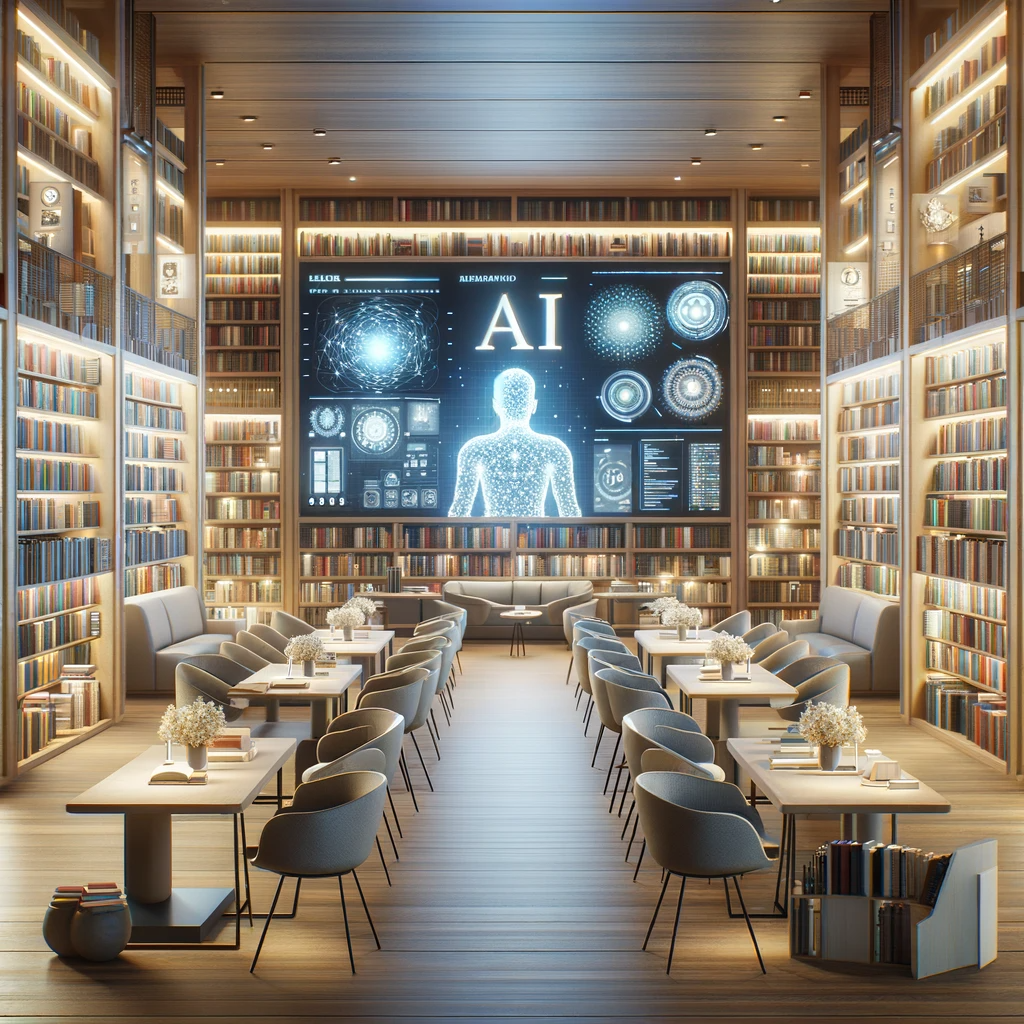Navigating New Horizons: The Rise of AI Authors and Their Influence on Literature
The Emergence of AI in Creative Writing
The literary world is experiencing a paradigm shift with the rise of AI authors, marking a significant evolution in how stories are conceived, written, and read. This groundbreaking development is not just reshaping the landscape of creative writing but also challenging our perceptions of creativity and authorship.
Artificial Intelligence, once confined to the realms of data analysis and automation, has now extended its capabilities to the creative sector. AI authors, powered by sophisticated algorithms and machine learning techniques, are creating works that range from poetry to novels, blurring the lines between human and machine-generated art.

The Impact on the Publishing Industry
The introduction of AI-authored works brings forth a new era in publishing. Publishers are exploring the potential of AI to generate content quickly and efficiently, significantly reducing the time from concept to publication. This efficiency could transform publishing dynamics, making literature more accessible and diverse.
However, this shift also raises questions about originality and the essence of human touch in storytelling. As AI authors become more prevalent, the industry must navigate the balance between leveraging technological advancements and preserving the unique emotional depth that human writers bring to their work.
AI Authors and Creative Collaboration
One of the most exciting aspects of AI in literature is the potential for collaboration between human authors and AI. This partnership can unlock new creative possibilities, combining human ingenuity with AI’s ability to process vast amounts of data and generate novel ideas. Such collaborations could lead to innovative narrative structures and themes, enriching the literary world with unprecedented storytelling diversity.
Moreover, AI authors can serve as a tool for overcoming writer’s block, generating ideas, or providing narrative suggestions, thereby enhancing the creative process. This synergy between human creativity and AI’s computational power is set to redefine the boundaries of what’s possible in literature.
The rise of AI authors signifies a fascinating chapter in the evolution of literature, presenting both opportunities and challenges. As we venture further into this uncharted territory, it’s clear that AI has the potential to enrich the literary landscape while prompting us to reexamine our definitions of creativity and authorship.
